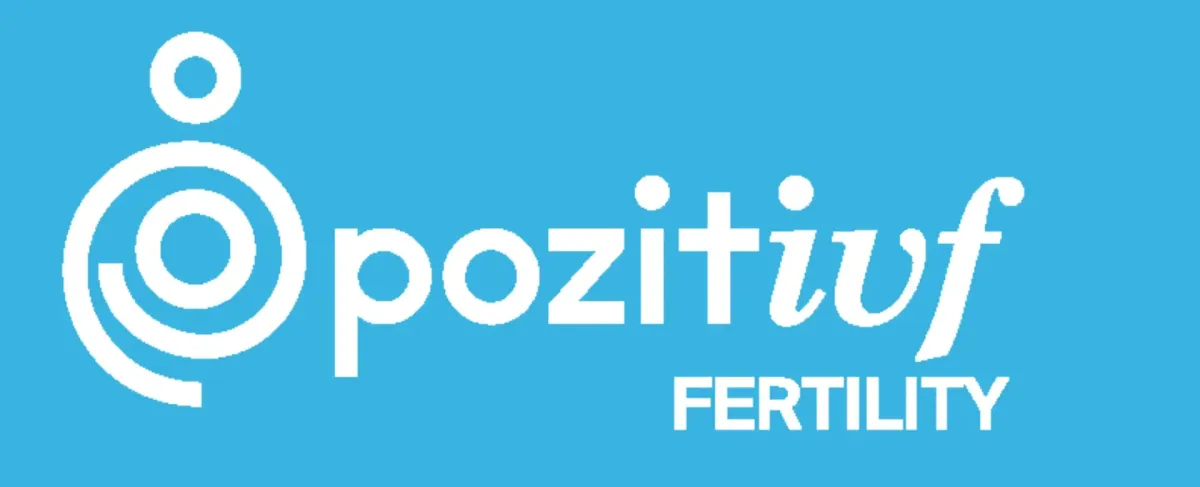
Welcome to Our Blog.
Insights and perspectives on fertility issues
and reproductive justice.

Understanding the Cost of IVF: What You Need to Know
Understanding the Cost of IVF: What You Need to Know
In vitro fertilization (IVF) is a beacon of hope for many couples facing fertility challenges. However, the financial aspect can be daunting. This post breaks down the various costs associated with IVF to help you better understand and plan for this important investment.
The Basic Costs of IVF
IVF, while a hopeful option for many, comes with several associated costs. Let's explore these in more detail:
Initial Consultation: Costs range from $200 to $500, where a fertility specialist evaluates your medical history and fertility issues.
Stimulation Medications: These can cost between $2,500 to $5,000 per cycle, depending on the protocol and medication used.
Monitoring: Regular monitoring includes blood tests and ultrasounds, adding approximately $1,000 to $3,000.
Egg Retrieval: This surgical procedure typically costs between $3,000 and $5,000.
Fertilization and Embryo Culture: Lab fees for fertilizing the eggs and culturing the embryos can range from $2,000 to $5,000.
Embryo Transfer: The process of transferring the embryo to the uterus costs around $1,000 to $2,000.
Additional Procedures and Their Costs
Pre-IVF Testing: Comprehensive pre-testing, including genetic tests, can add another $2,000 to $3,000 to the total cost.
ICSI: This advanced fertilization technique costs between $1,500 and $2,000.
Embryo Freezing and Storage: Initial freezing can cost around $500 to $1,000, with annual storage fees of about $500.
PGT: Genetic testing of embryos costs an additional $3,000 to $5,000, helping identify the healthiest embryos.
Fertility Medications: These drugs can vary widely in cost, typically adding between $1,500 and $3,000 per cycle.
Navigating Insurance and Financial Aid
The landscape of insurance coverage for IVF is complex. While some states in the U.S. mandate coverage for infertility treatments, many do not, leaving couples to navigate a patchwork of coverage options. It is essential to:
Review Your Insurance Policy: Check the specifics of what your plan covers, including any caps or limitations on fertility treatments.
Consider Financing Options: Many clinics offer payment plans or financing options to spread out the costs over time.
Look for Grants and Scholarships: Various organizations provide financial assistance to couples undergoing fertility treatments.
Making IVF More Affordable
Comparison Shopping: Prices can vary significantly between clinics, so it’s worthwhile to shop around.
Ask About Discounts: Some clinics offer discounts for multiple cycles or military families.
Employer Benefits: Check if your employer offers any fertility benefits or partnerships with fertility clinics.
Emotional and Financial Planning
IVF is not just a financial investment but an emotional one as well. Preparing for both aspects can help couples manage the stress and expectations associated with the process. Consider:
Counseling: Both financial and emotional counseling can be beneficial. Financial advisors specializing in medical expenses can offer guidance, while fertility counselors can provide emotional support.
Support Groups: Joining a support group can connect you with others going through similar experiences.
Final Thoughts
The journey through IVF can be challenging both financially and emotionally, but with careful planning and support, many couples find it a rewarding path to parenthood. Understanding the detailed breakdown of costs and exploring all available financial aid options can make this journey more manageable. For more in-depth information, you can refer to the original article on Forbes.




